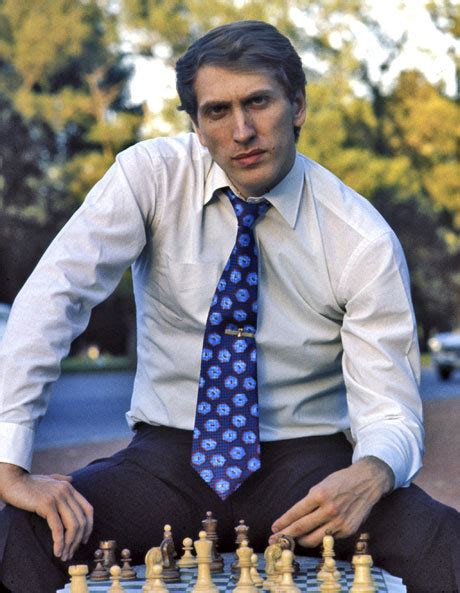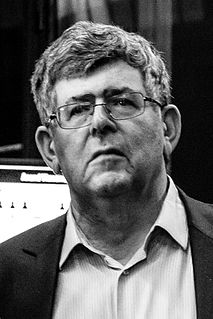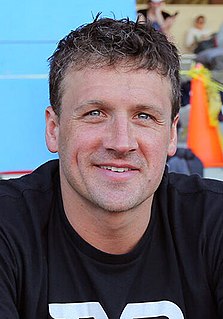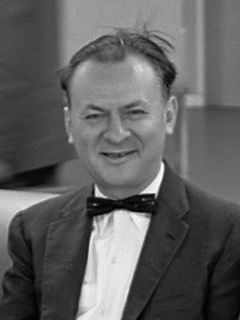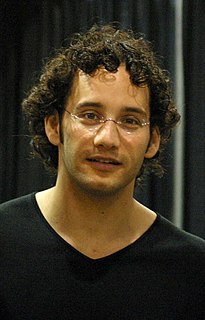A Quote by Vladimir Kramnik
Related Quotes
Chess is more than a game or a mental training. It is a distinct attainment. I have always regarded the playing of chess and the accomplishment of a good game as an art, and something to be admired no less than an artist's canvas or the product of a sculptor's chisel. Chess is a mental diversion rather than a game. It is both artistic and scientific.
I love chess, and I didn't invent Fischerandom chess to destroy chess. I invented Fischerandom chess to keep chess going. Because I consider the old chess is dying, it really is dead. A lot of people have come up with other rules of chess-type games, with 10x8 boards, new pieces, and all kinds of things. I'm really not interested in that. I want to keep the old chess flavor. I want to keep the old chess game. But just making a change so the starting positions are mixed, so it's not degenerated down to memorisation and prearrangement like it is today.
Combinations have always been the most intriguing aspect of Chess. The masters look for them, the public applauds them, the critics praise them. It is because combinations are possible that Chess is more than a lifeless mathematical exercise. They are the poetry of the game; they are to Chess what melody is to music. They represent the triumph of mind over matter
My life is split in three parts; I don't know the percentage. One could be called "chess" - the Kasparov Chess Foundation, promoting the game, training young players, playing on the internet, sometimes exhibitions. The second area would be "writing" - books, articles, Twitter, Facebook. And then "political activity" - fighting for human rights and democracy, so TV, interviews, speeches.
Like Dvoretsky, I think that (all other things being equal), the analytical method of studying chess must give you a colossal advantage over the chess pragmatist, and that there can be no certainty in chess without analysis. I personally acquired these views from my sessions with Mikhail Botvinnik, and they laid the foundations of my chess-playing life.
I used to play a lot of chess and competitive chess and study chess and as you get to the grandmasters and learn their styles when you start copying their games like the way they express themselves through... The way Kasparov or Bobby Fischer expresses themselves through a game of chess is it's astonishing. You can show a chess master one of their games and they'll say "Yeah, that is done by that player."

